A recent investigation reveals how a diplomatic triangle between Russia, The United States and Saudi Arabia lies at the root of this spectacle, with Germany hesitantly showing its face from behind the previously-iron curtain with a new stance on the Nord Stream 2 gas pipeline.
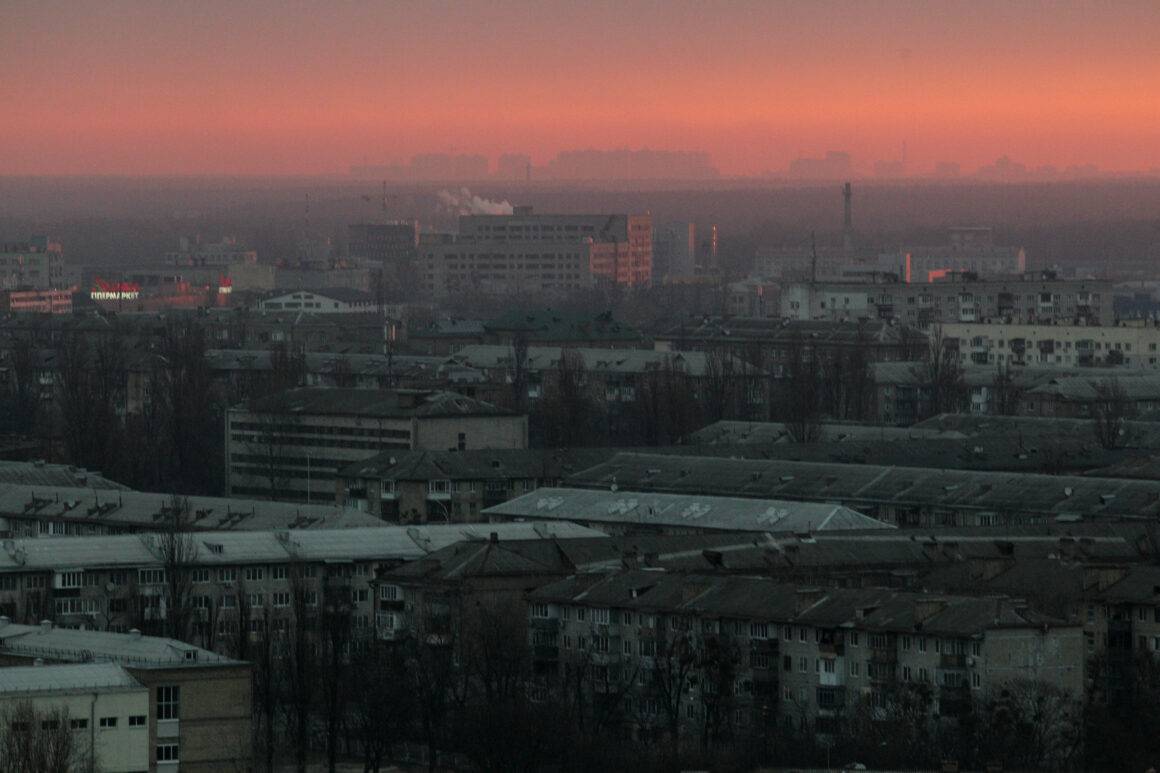
The side-effects of war: Behind the surging gas prices as Russia invades Ukraine.
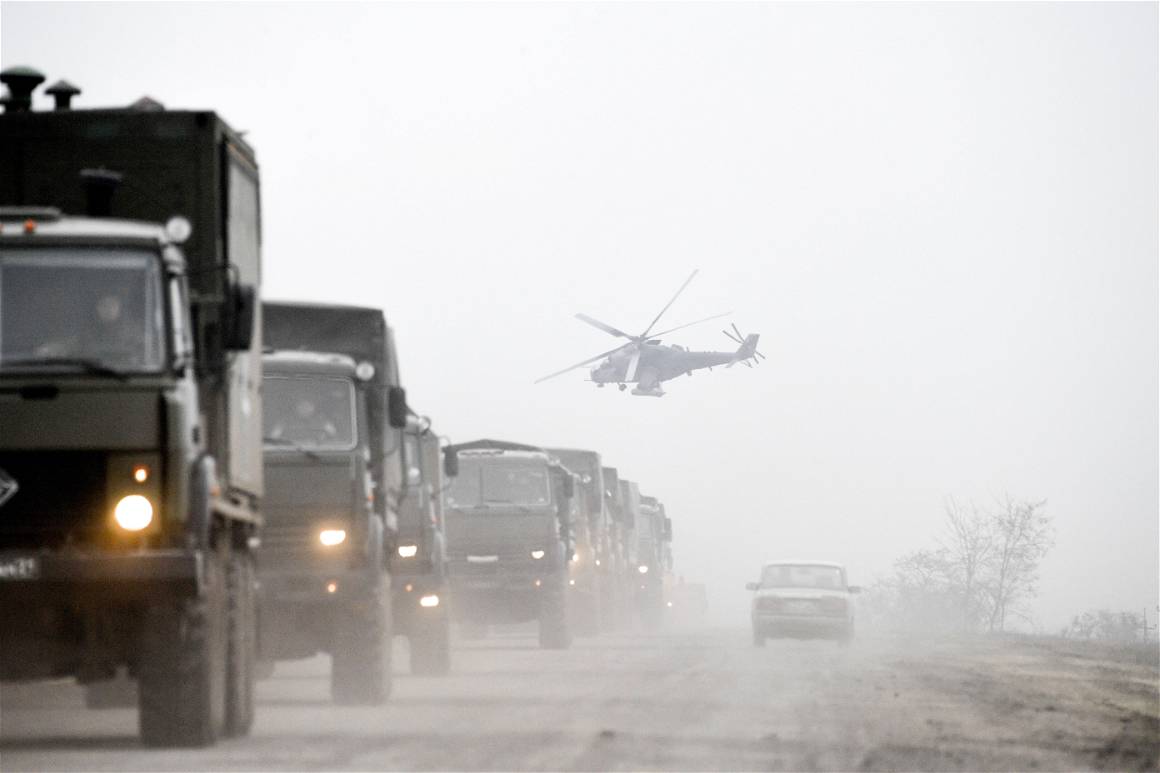
Wars have always been accompanied by side-effects which impact even those far away from the conflict – inflation, rifts in supply chains, mass migrations and socio-political movements. As the Russian military has mobilized from border regions and now into the capital of Ukraine having already caused over 100 civilian deaths in only the second day of fighting, we have seen some of the highest gas prices in more than seven years.
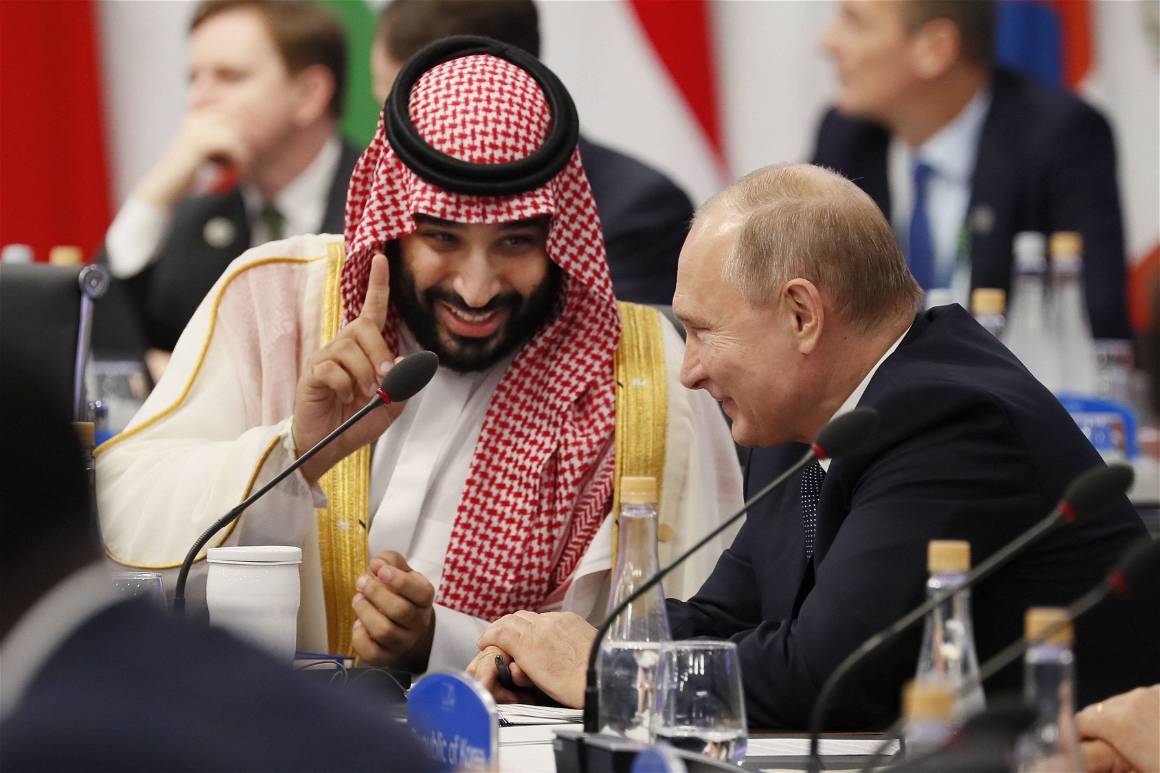
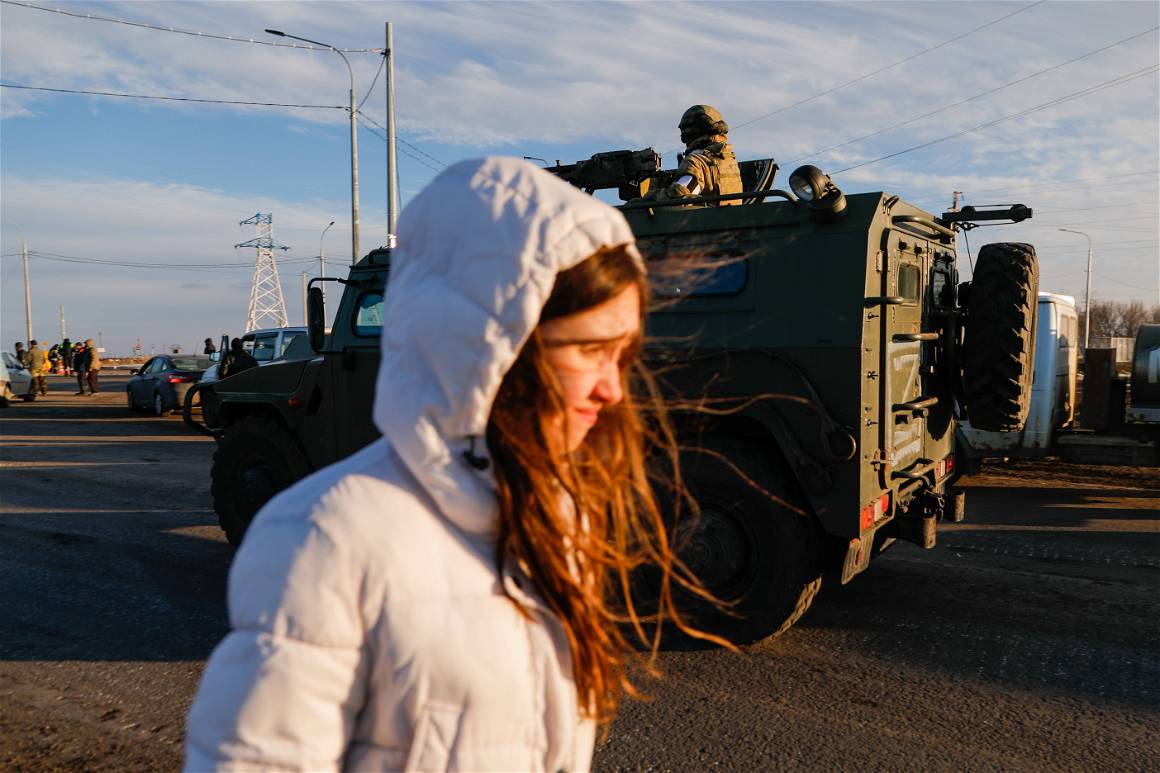
Saudi Arabia’s Crown Prince Mohammed bin Salman and Russia’s President Vladimir Putin have been linking arms so tightly for some time now, that it has made it seemingly impossible for The United States to get in between. Meanwhile Saudi Arabia’s recent airstrikes on Yemen have gone largely unnoticed.
A recent plea to Saudi Arabia by Joe Biden to increase oil production and alleviate inflation and gas prices, was also a move to reduce profits for Russia – a major producer of natural gas – as it carries out its invasion into Ukraine. An agreement between Moscow and Riyadh signed in 2016 which gave Russia a foothold in global oil markets, including oil production, meant a spot at the table in the Organization of the Petroleum Exporting Countries (aka OPEC plus, the plus referring to Russia.) So any attempt at convincing Saudi Arabia to produce more oil, bringing down prices, would conflict with its 2016 agreement with Russia and risk the friendship between Putin and bin Salman. Biden, who recently refused to meet with the Crown Prince for his alleged involvement in the killing of journalist Jamal Khashoggi, effectively tightens Russia’s bond to Saudi Arabia even more.
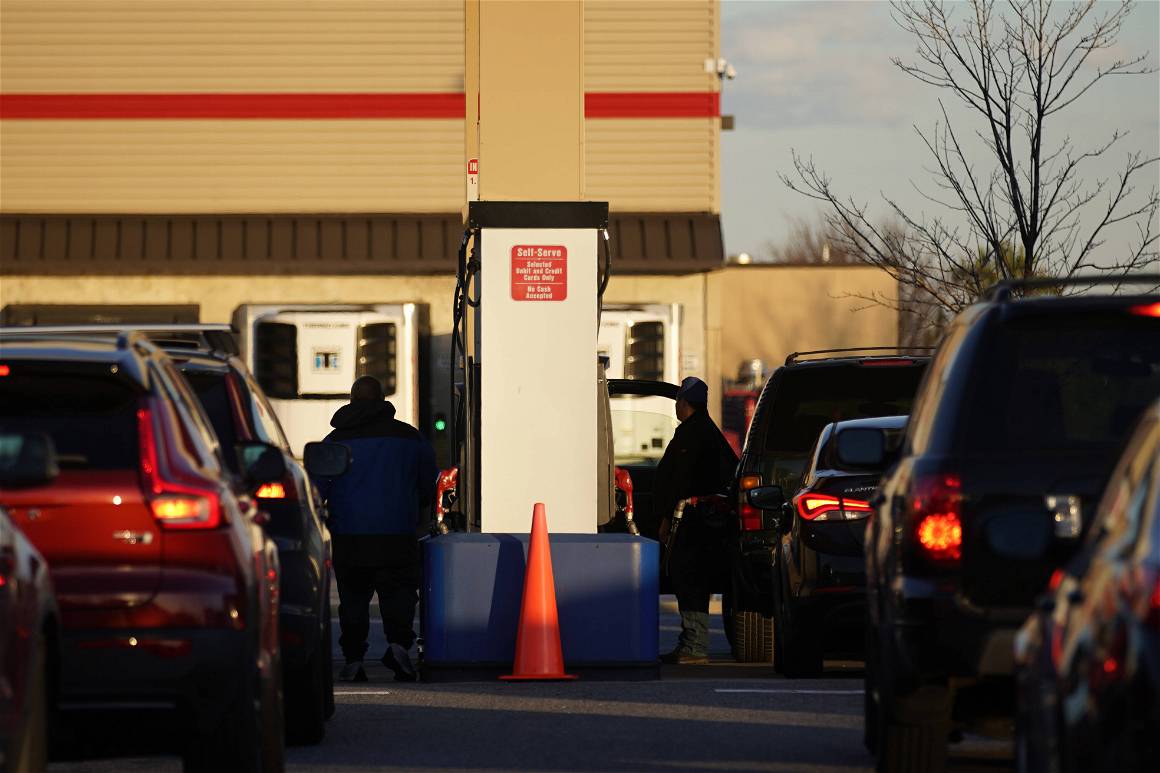
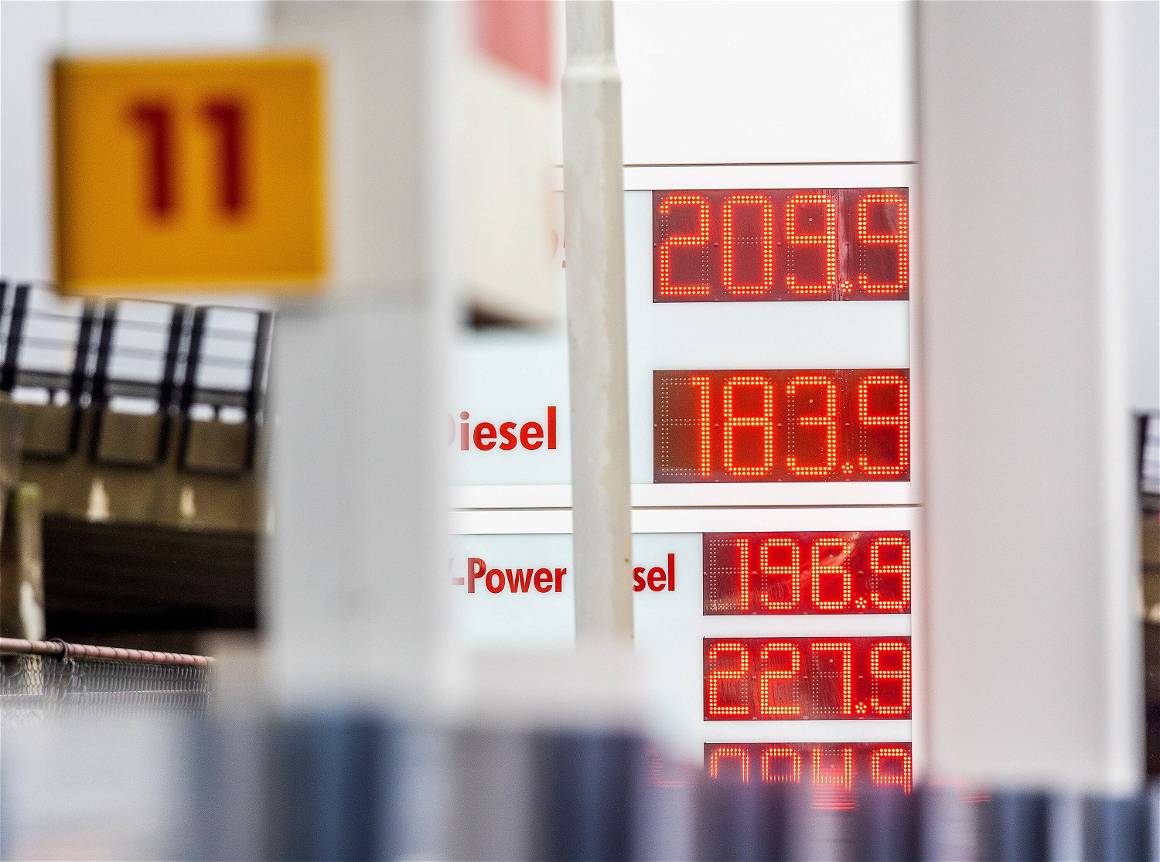
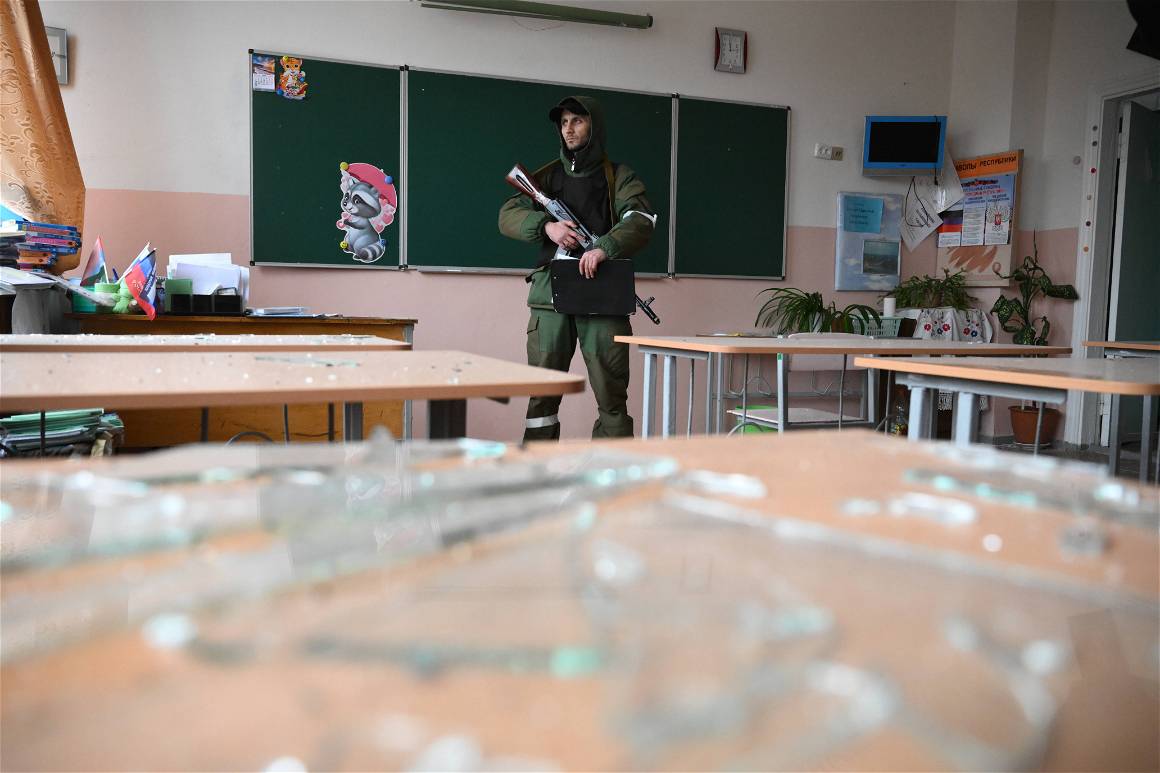
The U.S. President has not enjoyed the same buddy-buddy relationship to the controversial Saudi politics as Trump did while in office. Trump, who also spoke well of Putin, authorized the largest arms sale to Saudi Arabia in U.S. history and had a defensive stance on the Crown Prince’s involvement in Khashoggi’s murder. Bin Salman complied with Trump’s requests to increase or decrease oil production to moderate prices throughout Trump’s presidency, but has denied those from Biden. Meanwhile with Russia being a key gas supplier, the state-owned giant Gazprom is profiting immensely from the record-high prices which have increased because of inflation and the pandemic, but recently hit a new record.
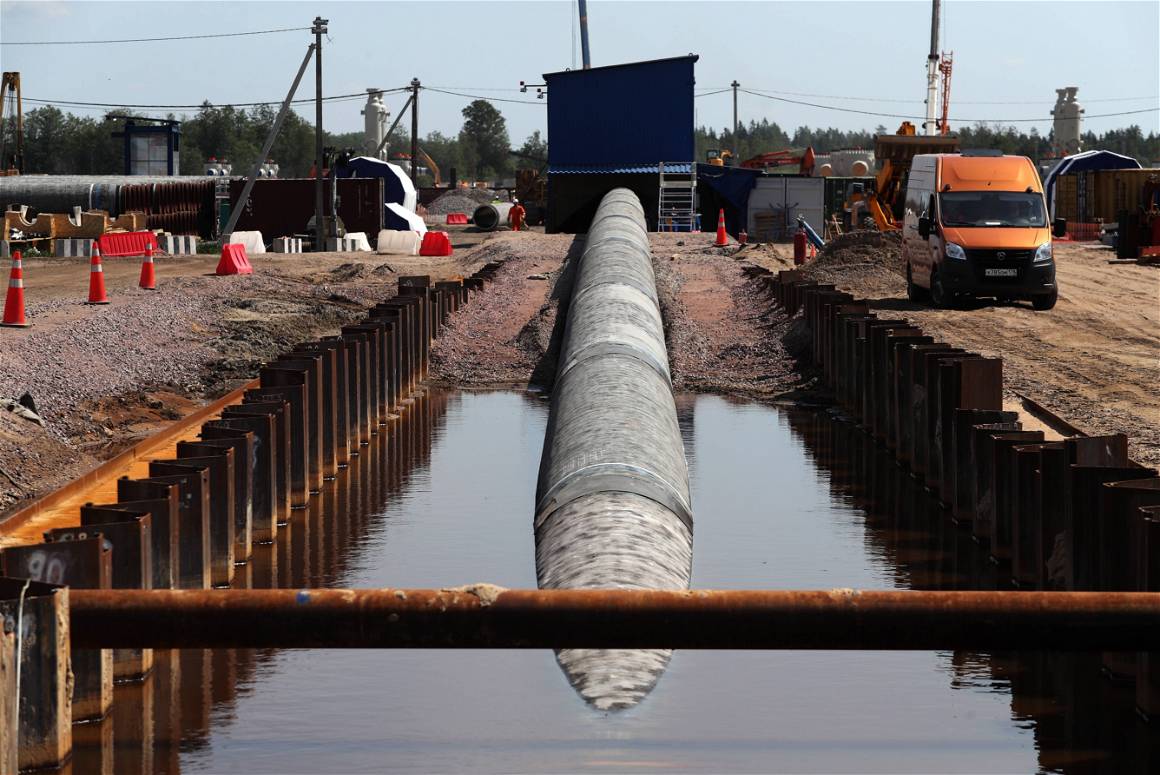
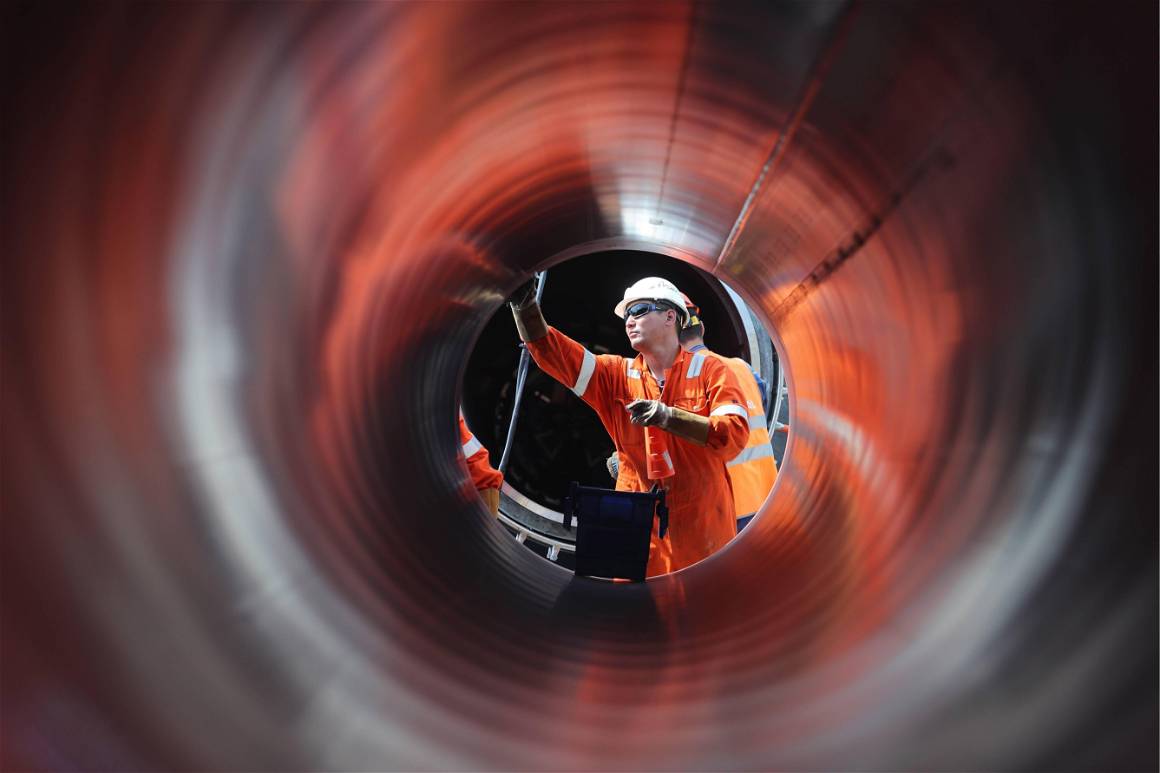
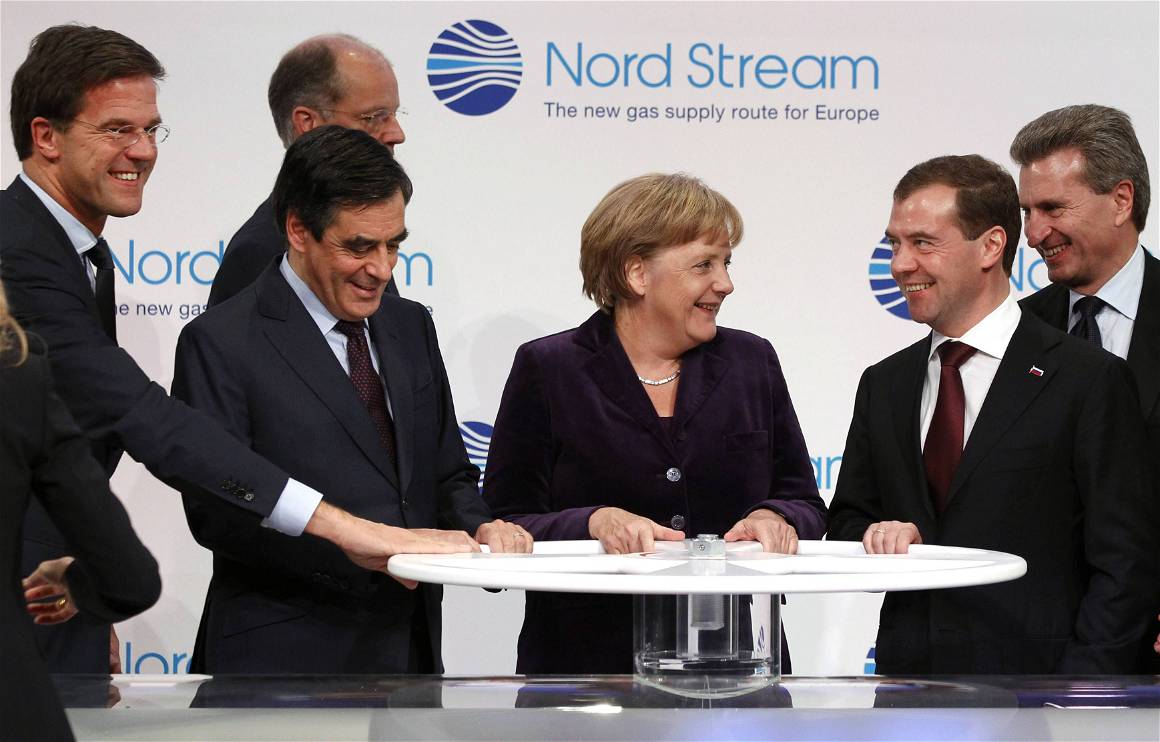
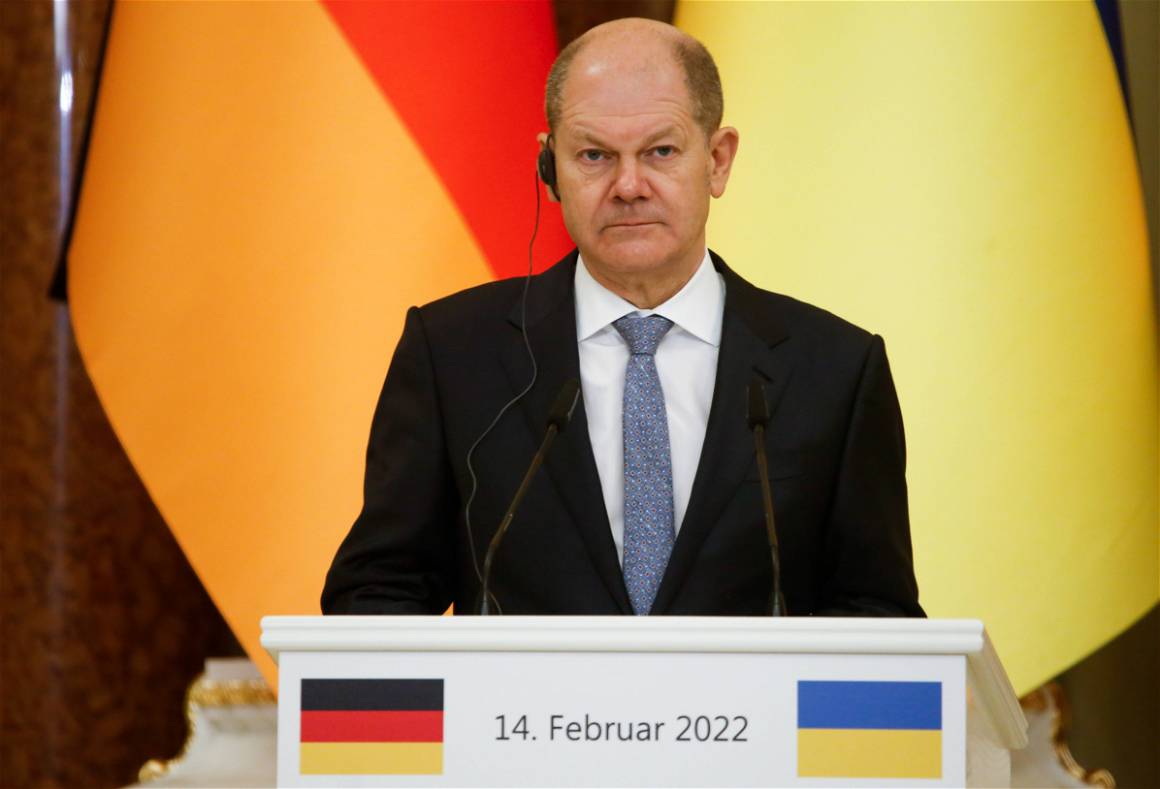
Another layer to the cake is of course Nord Stream 2. The $11 billion gas pipeline, owned by Gazprom, linking Russia to Germany through the Baltic Sea was just halted by Germany’s Chancellor Olaf Scholz. Nord Stream 2 was essentially completed in September but was pending certification by Germany and the European Union. The pipeline came under fire for environmental reasons but also because of the increased reliance on Russia it would put Europe under, and because of the increased vulnerability to Russian invasion for Ukraine (the pipeline would deny transit fees to Ukraine who hosts a Russian gas pipeline.) While gas prices surge and the Nord Stream 2 would help alleviate these high costs, halting the certification was a way to put pressure on Russia to stop its encroachment into Ukraine.
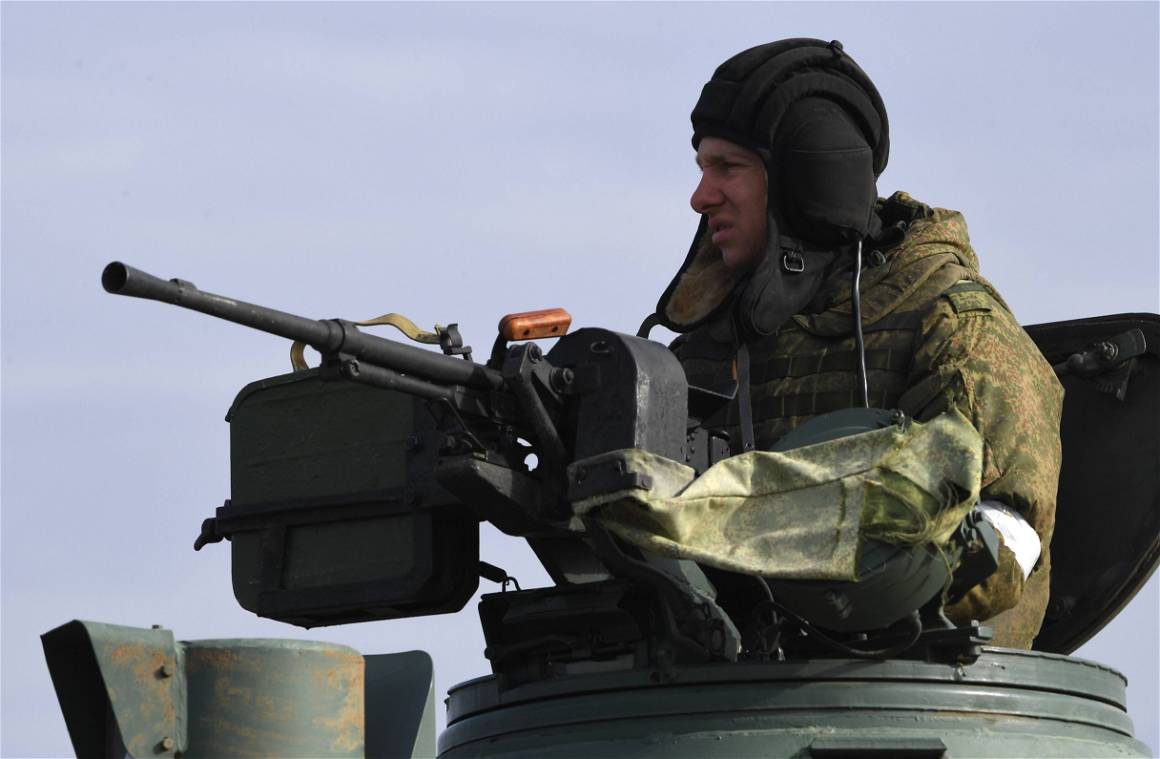
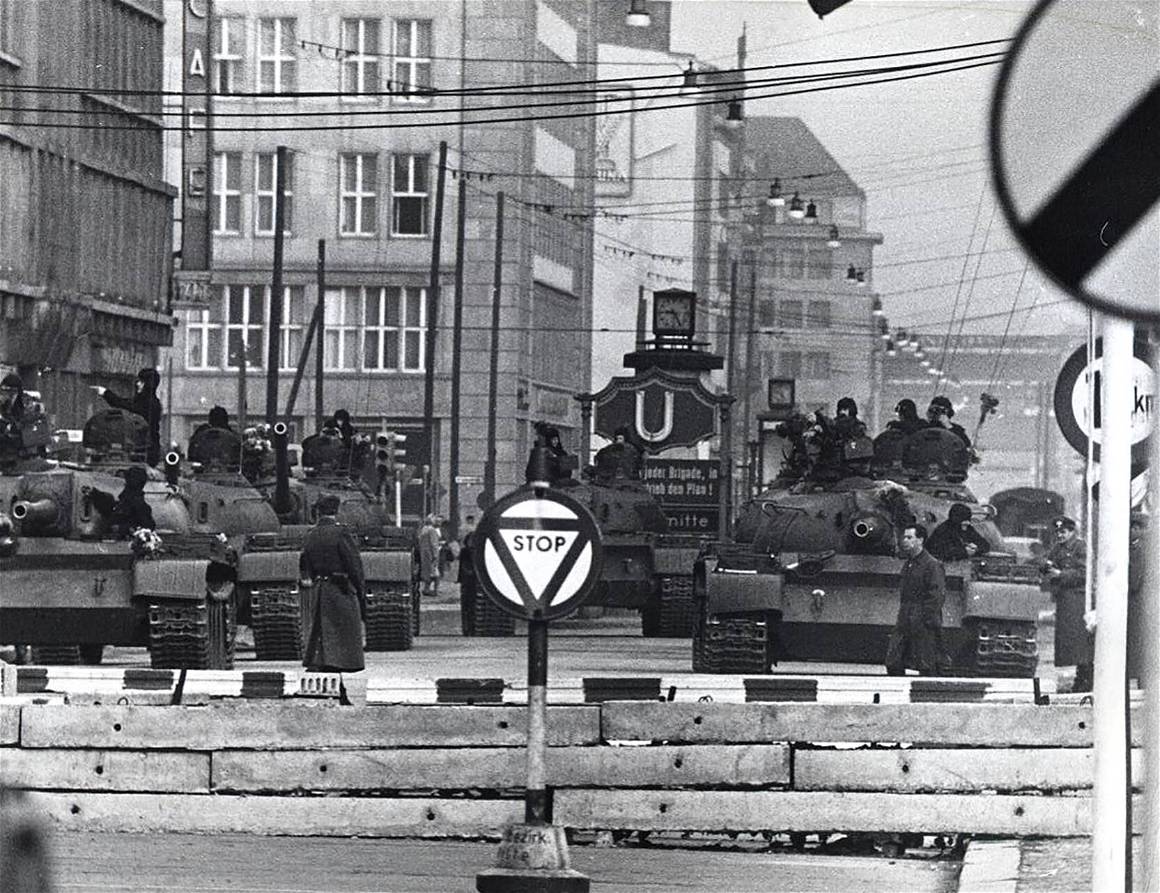
For Germany to move a piece in the chess game of warfare is huge, as its history and relationship with Russia throughout World War II and the Cold War has been brittle, to say the least. Germany’s stance in similarly historically-charged conflicts like Israel-Palestine, has proven to be extremely cautious in an attempt to put its demons of the past to rest. Not long ago, it was German tanks entering Russia, and even more recently Russian tanks that were in Berlin guarding the wall. The Iron Curtain may be gone now, but its effects on German-Russian relations has made Germany’s position towards Russia to be what some have called too lax. Now this stance has shifted with the halting of Nord Stream 2, which received praise from Biden himself. This means that we might see a new and more harsh face to German geopolitics with the brutal realities threatening Ukraine today.
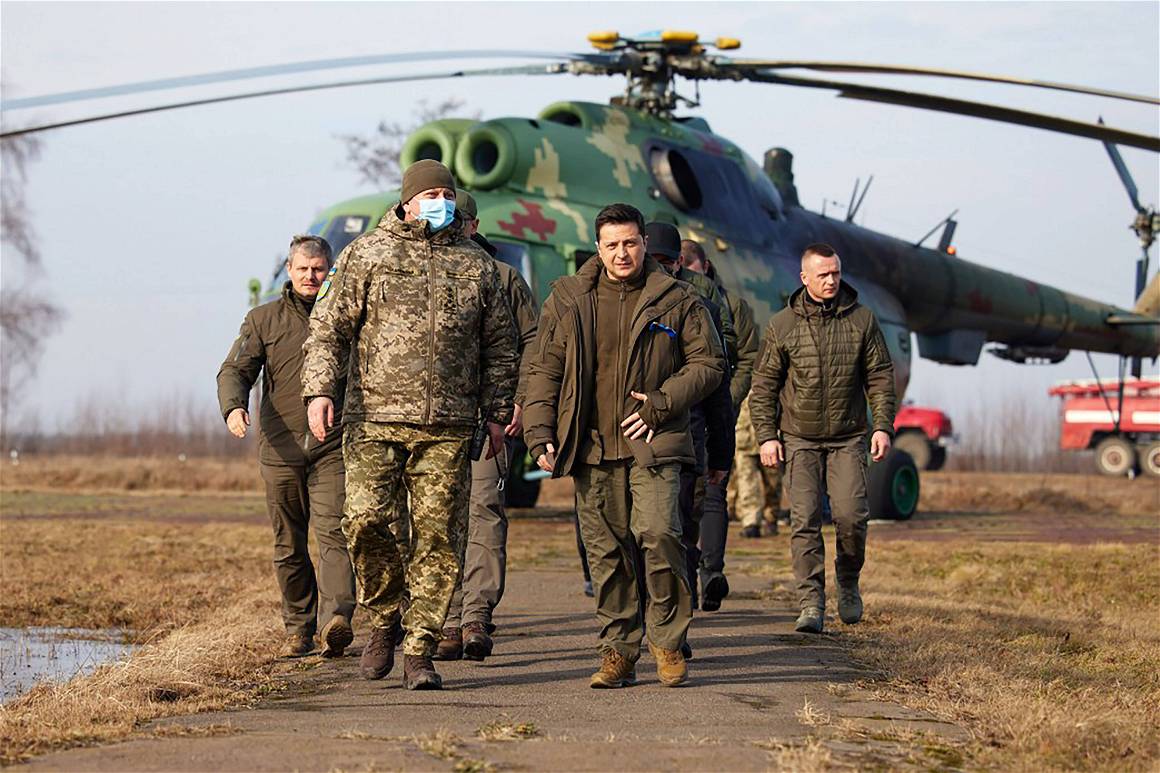
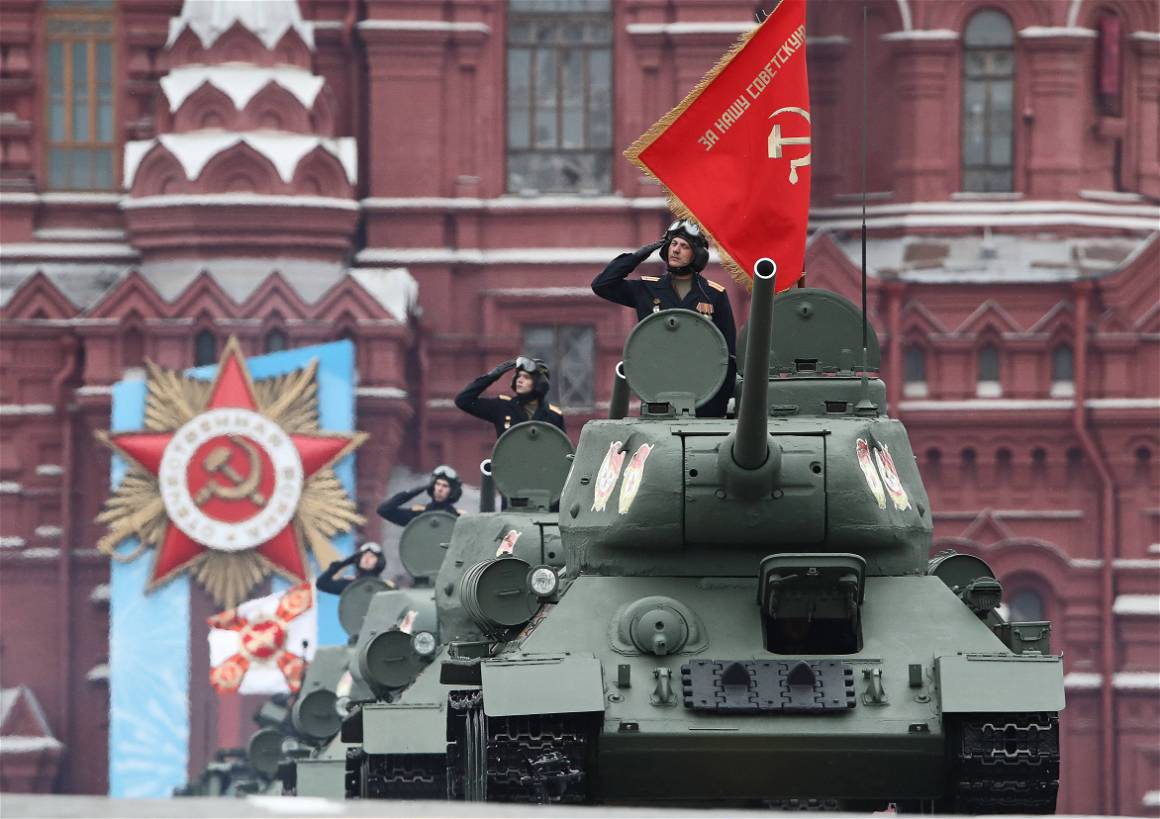
A gridlock indeed, it is not clear how we will emerge from this crisis and all of its side-effects. With a population at risk, civilian deaths, refugees and human rights violations, increased gas prices seem like a pitifully minor inconvenience. As Europe faces some of its darkest hours since World War II and more bloodshed looms, the U.S. and Germany’s options for reacting are starting to run out.


